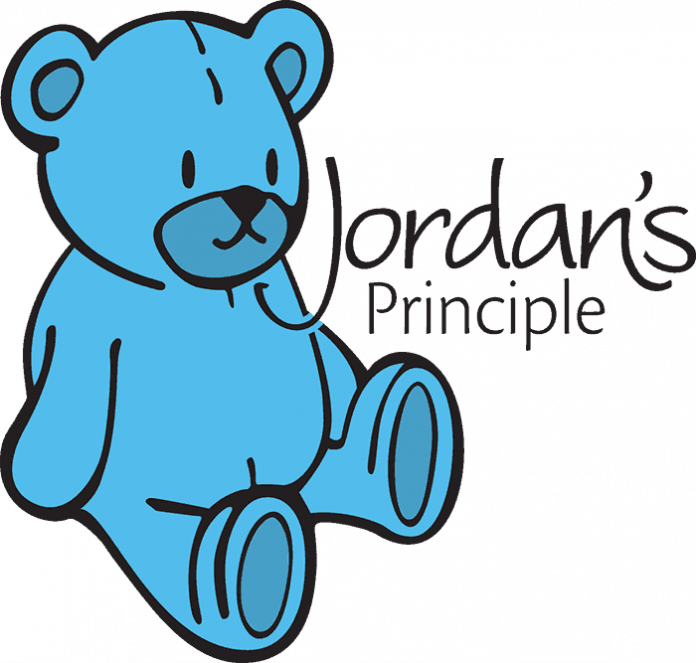Named in memory of Jordan River Anderson, a young boy from Norway House Cree Nation who spent over two years in hospital while Canada and Manitoba debated payment for his at-home care, Jordan’s Principle is a child-first approach aimed at resolving jurisdictional disputes between provincial/territorial and federal governments regarding services for First Nations children. Typically, health care is provided by the province off-reserve and funded by the federal government on-reserve. In Jordan’s case, the two governments could not agree on payment due to his First Nations status, resulting in his prolonged stay in the hospital. Tragically, Jordan passed away at the age of five after waiting more than two years for a resolution.
However, at a recent hearing, the Canadian Human Rights Tribunal alleged that the government mismanaged the program. The government counter-argued that potential delays could be solved by removing some mandatory timelines. This would ensure that requests falling under the program would be responded to appropriately.
There is a stronger argument to be made that removing Jordan’s Principle would have disastrous consequences, such as the removal of equal rights, the potential for bigger troubles in the Yukon, and a smaller amount of funding for services for First Nations children.
The removal of Jordan’s Principle would lead to First Nations children no longer having the equal rights to health-related support they once had as a result of Jordan’s Principle.
In turn, this would cause the government to see First Nations children, members of a community already plagued with historical strife, as less important than people of European ancestry, thanks to the law striking down the principle that they had signed. This would be a bad idea because First Nations people have already been unable to enjoy fundamental rights after centuries of colonization, on top of being among the most impoverished people in the country.
In particular, the removal of Jordan’s Principle could have devastating consequences on the First Nations children in the Yukon, where Jordan died. Many of these children were removed from their homes, parents, and caregivers in 2021, according to a report from the Government of Canada. Though the government stepped in by providing a $20 billion long-term reform, removing Jordan’s Principle could cause the provincial governments in other provinces to act similarly to the Yukon government by removing their local First Nations children from their homes due to revoking Jordan’s Principle. However, there are other ways to look at the issue beyond such cultural erasure; it is also possible to look at it from a funding perspective.
As of October 2021, Indigenous institutes across Canada relied on government funding for 90 per cent of their operations. However, they only received four million dollars per year from the Ontario government. This adds up to an average of less than $500,000 for nine institutes in Ontario. As such, removing Jordan’s Principle would make it likely for funding to be cut to the point where First Nations children could receive almost no funding for health-related support, because they will not have access to equitable healthcare which then leads to poverty. This would be especially concerning because nine per cent of Indigenous peoples live in poverty compared to seven per cent of non-Indigenous people, numbers that would likely go up if the principle were removed. A lack of access to healthcare can create poverty for Indigenous peoples, especially if they are already in poverty. Would you want to see them be poorer than ever?
The government should keep Jordan’s Principle intact for various reasons, from the loss of fundamental rights to the potential for cultural erasure to issues with underfunding. As we have examined, all these reasons can, and if Jordan’s Principle were removed, likely will, be traced back to the problems already facing First Nations people, both in the past and today. If you want to ensure Jordan’s Principle stays intact, try methods such as organizing a protest or writing to your local MP to let the government know something must be done before it’s too late.




